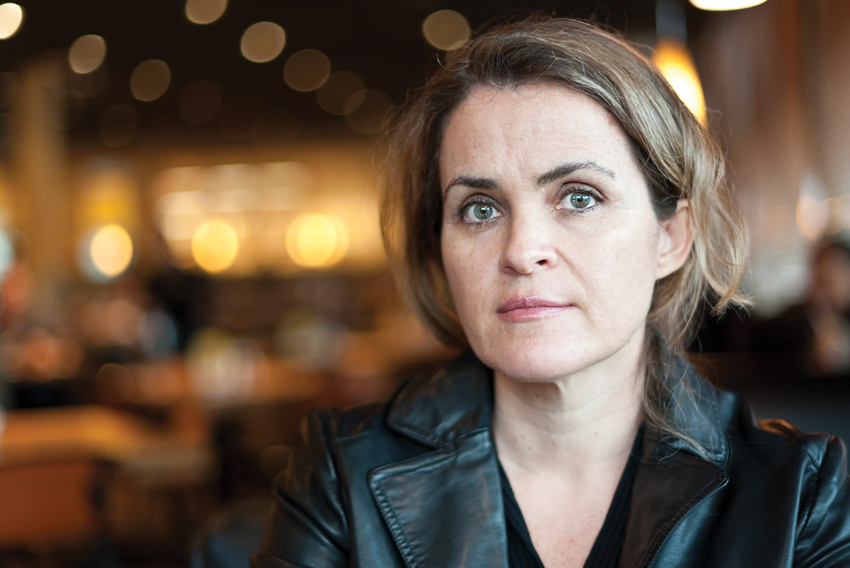A call for inclusivity
Reprinted from the Is It Safe to Be Me? Creating inclusive and accessible workspaces issue of Visions Journal, 2024, 20 (1), pp. 20-21

Entering the dimly lit room buzzing with the voices of my colleagues, a knot tightened in my stomach. It was a work social—an evening I had been worried about attending. Looking around, I saw glasses clinking, drinks being passed around and colleagues engaged in lively conversations and laughter. They looked comfortable in each other's company.
Taking a deep breath, I reminded myself why sobriety mattered so much to me. It wasn't merely about avoiding the physical toll alcohol took on my body; it was about regaining control of my life and my decisions. Yet, as I stood there amidst the cheer of my co-workers, I couldn't shake the feeling of being an outsider.
An invisible barrier seemed to separate us—one I couldn't break. Overwhelmed by my thoughts and insecurities, I withdrew into silence. Hyperaware of how I was seen, I became even more anxious. Colleagues openly questioned my quietness, as if there was something wrong with me.
Despite the sting of feeling rejected, I was committed to sobriety. I understood that staying true to myself meant accepting that not everyone would understand my choice. Instead of self-pity, I chose to focus on the positives of my journey—the newfound clarity, sense of empowerment, and knowledge that I was gaining more control of my life. As I left the event that night, a wave of pride washed over me. Despite the challenges, I had stood firm in my sobriety.
Still, a persistent thought lingers: Wouldn't it be wonderful if events like these, particularly during the holiday season, were alcohol-free? I know I am not alone; many other employees who are sober or in recovery avoid gatherings due to discomfort or triggers. I also recognize that, for some colleagues, the choice to abstain from alcohol might not stem from addiction issues, but from cultural or personal beliefs.
Work events should be inclusive of all employees, irrespective of their relationship with alcohol. This would not only foster unity among co-workers, but also align with the work we do to support those grappling with addiction. Without alcohol, everyone could fully participate in, and enjoy, the festivities without fear of judgment or exclusion. This would cultivate a more supportive workplace culture. I see a future where workplace celebrations embrace inclusivity. Then everyone could partake in the joy of the season without feeling sidelined or pressured to compromise their relationship with alcohol.
As workplaces evolve, it's crucial for employers to consider the needs and experiences of all employees, including those in recovery from substance use and those who choose not to drink alcohol for cultural reasons. There are lots of ways to create environments where individuals feel safe, valued and empowered. Employers can offer non-alcoholic beverage options (not just water or soda), provide resources for employees in recovery and reassess the role of alcohol in workplace gatherings.
Together, we can navigate sobriety and cultural sensitivity at work with dignity and respect, thus paving the way for a more inclusive and compassionate future.
About the author
Celebrating 15 years of sobriety in Vancouver, Hope has extensive experience working within marginalized communities. Passionate about championing sobriety, she brings a deep understanding of addiction and recovery to all she does
